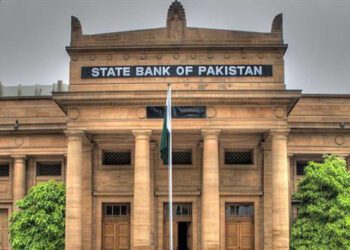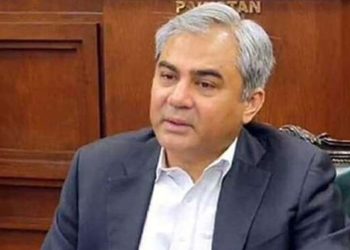Dismissing report on terrorism
Related Stories
Trending Stories
Opinion
July 15, 2025
- Nadeem Moulvi
June 29, 2025
- Munir Ahmed
June 28, 2025
- Munir Ahmed
No posts found
KP issues travel advisory amid monsoon showers
In light of the ongoing monsoon spell, the Tourism Department of Khyber Pakhtunkhwa (KP)...
Gold prices in Pakistan today- Sunday 27 July 2026
The following are the latest gold prices in Pakistan on Sunday, 27 July 2025....
Tragic bus crash in Chakwal: 6 dead, 24 injured near Dhok Sial
A bus fell into a ravine near Dhok Sial on the motorway in Chakwal,...
MM Digital (Pvt.) Ltd.
MM News is a subsidiary of the MM Group of Companies. It was established in 2019 with the aim of providing people of Pakistan access to unbiased information.
Contact Details: 03200201537






























